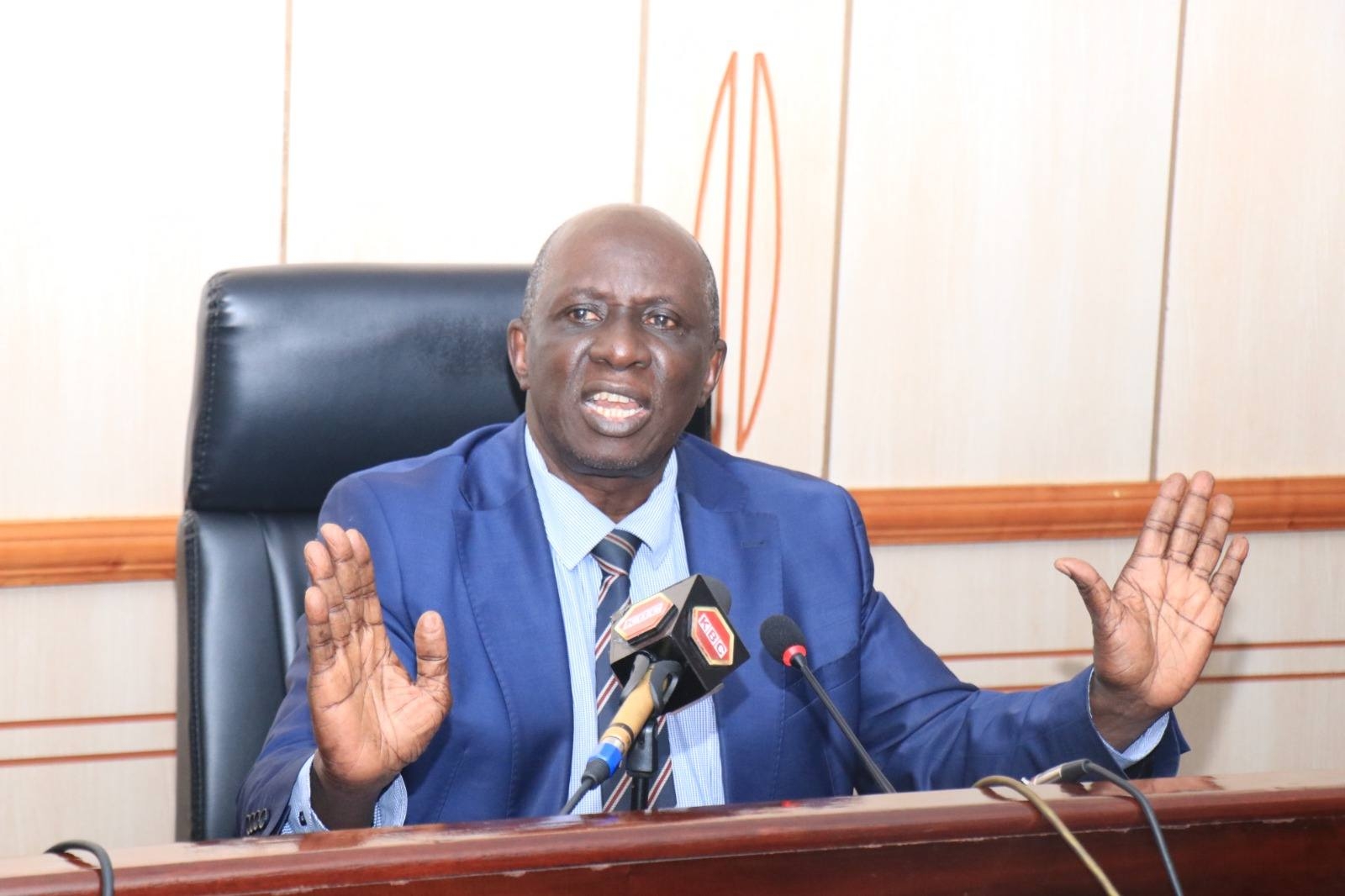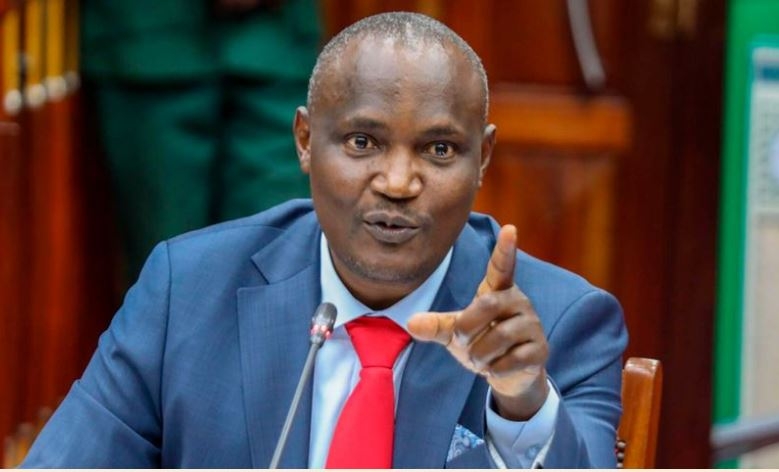The East African Business Council (EABC) has called for Private Sector involvement in the negotiation under the African Continental Free Trade.
EABC CEO John Bosco Kalisa, said services account for 54 percent of African Gross Domestic Product (GDP) and 75 percent of Greenfield Foreign Direct Investment (FDI) hence salient to involve non-state actors.
Kalisa expounded that Trade-in services (TiS) on the continent remain far below its potential.
Africa accounts for only two percent of global service exports and African service exports are largely dominated by travel (42 percent of African service exports).
He elaborated that stakeholders such as private services providers are crucial to informing the AfCFTA services negotiations with practical experience on the ground.
“It is imperative that non-state actors, such as firms in services sectors, be actively engaged in the preparations for the EAC schedule of commitment and regulatory framework negotiations of services under the AfCFTA,” Kalisa said.
On his part, the African Continental Free Trade Area (AfCFTA) Secretariat Million Habte revealed that the deadline for finalization of negotiation on liberalization of trade in services is set for June 2022 by the Council of Ministers.
He expounded that 46 State Parties to the AfCFTA have submitted their initial offers on liberalization of Trade in Services commitments.
Dorica Phiri Nkhata said that Burundi, Kenya, Tanzania and Uganda developed national offers with various commitments and the EAC Secretariat consolidated the offers into a draft regional offer.
She explained that limited participation of the private sector and knowledge on technical offers development hinders liberalization of services trade.
She urged for more audits and studies to be done to support comprehension of existing restrictions – laws and regulations on services in Africa.
Tsotesti Makong of TRAPCA said that Trade in Services negotiations should take into consideration the evolution of services and technology in the 21st century such as telemedicine and cryptocurrency.
He explained that other services sectors are liberalized not within the context of Trade in Service such as COMESA insurance scheme and mutual recognition of drivers license in SADC member states.
He stated that such positive developments should be promoted under the Trade in Services negotiations at AfCFTA level.
Makong recommended that African countries should consider using the negative approach of a list of negotiations to boost services trade.
The EAC Offer on Trade in Services under AfCFTA is expected to be more liberal and should ensure the integrity of the commitments made under the EAC Common Market Protocol (CMP) is not lost.
According to UNCTAD in 2017 the services account for only 22 percent of African trade and African exports remain highly concentrated on agriculture and primary goods.
Title: "WATCH: The biggest news in African Business"













